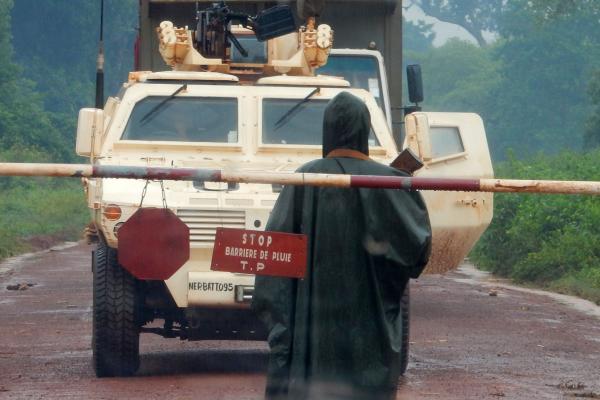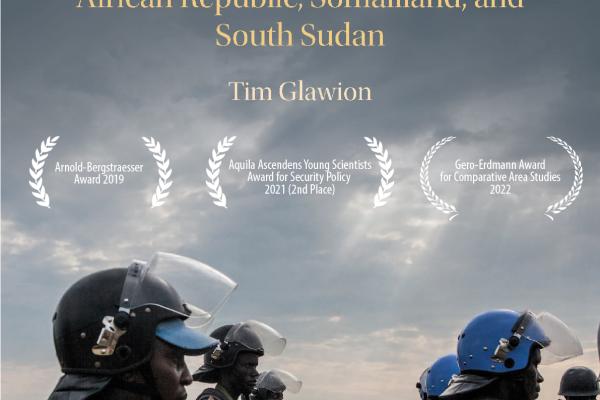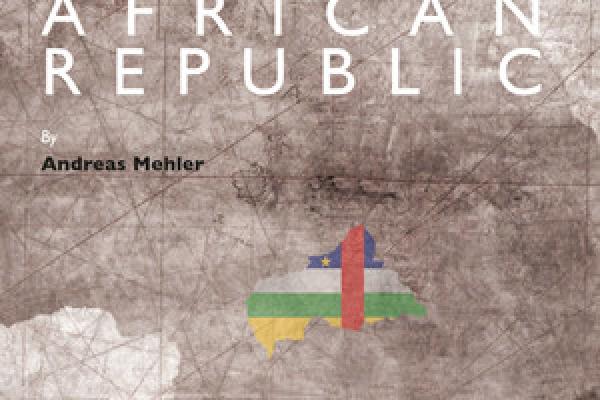Central African Republic

MINUSCA: Wer nicht mit der Zeit geht, geht mit der Zeit
Zeitschrift für die Vereinten Nationen und ihre Sonderorganisationen - German Review on the United Nations
Erscheinungsdatum:

The Security Arena in Africa Local Order-Making in the Central African Republic, Somaliland, and South Sudan
Cambridge University Press
Cross-case patterns of security production in hybrid political orders: their shapes, ordering practices, and paradoxical outcomes
Peacebuilding
Erscheinungsdatum:
Rebel governance or governance in rebel territory? Extraction and services in Ndélé, Central African republic
Glawion, Dr. Tim with Le Noan, Anne-Clémence
Small Wars & Insurgencies
Erscheinungsdatum:

A Decade of Central African Republic A Decade of Central African Republic Politics, Economy and Society 2009-2018
Brill
Erscheinungsdatum:
